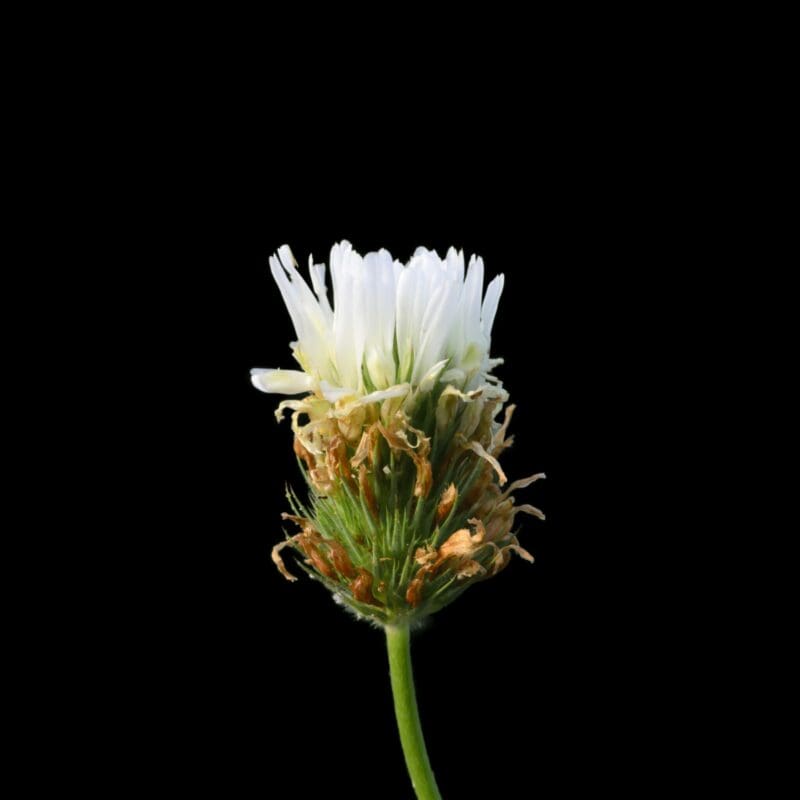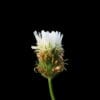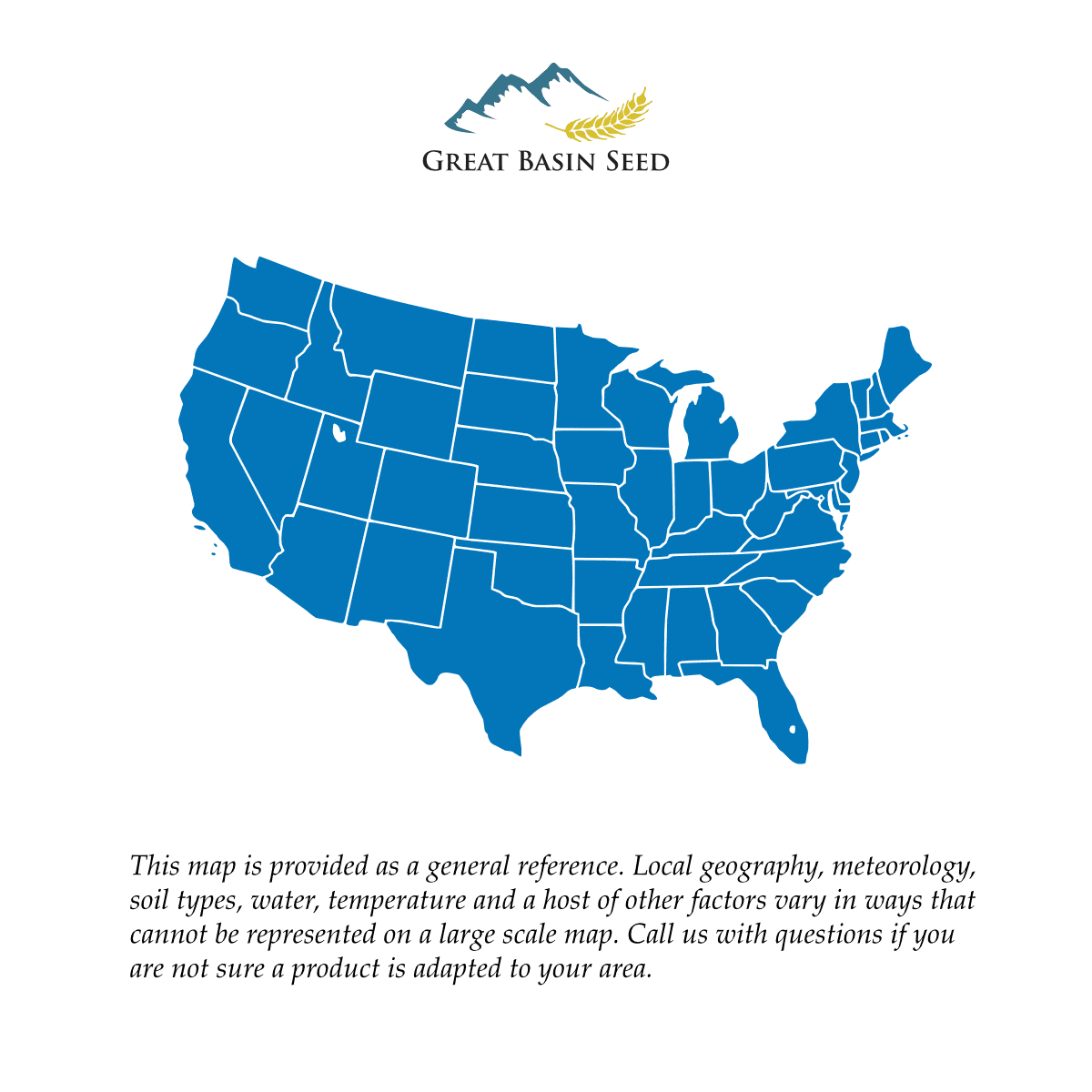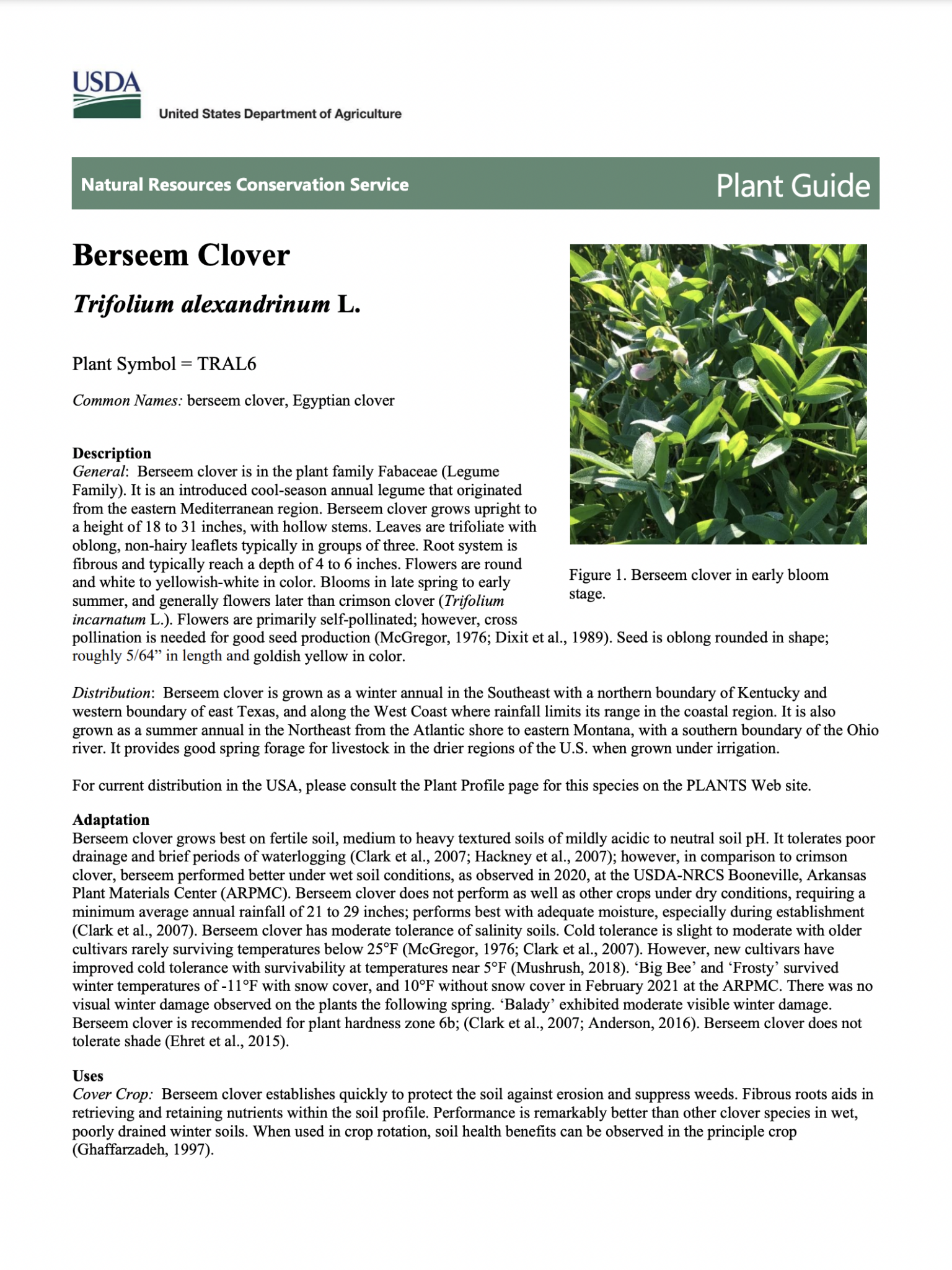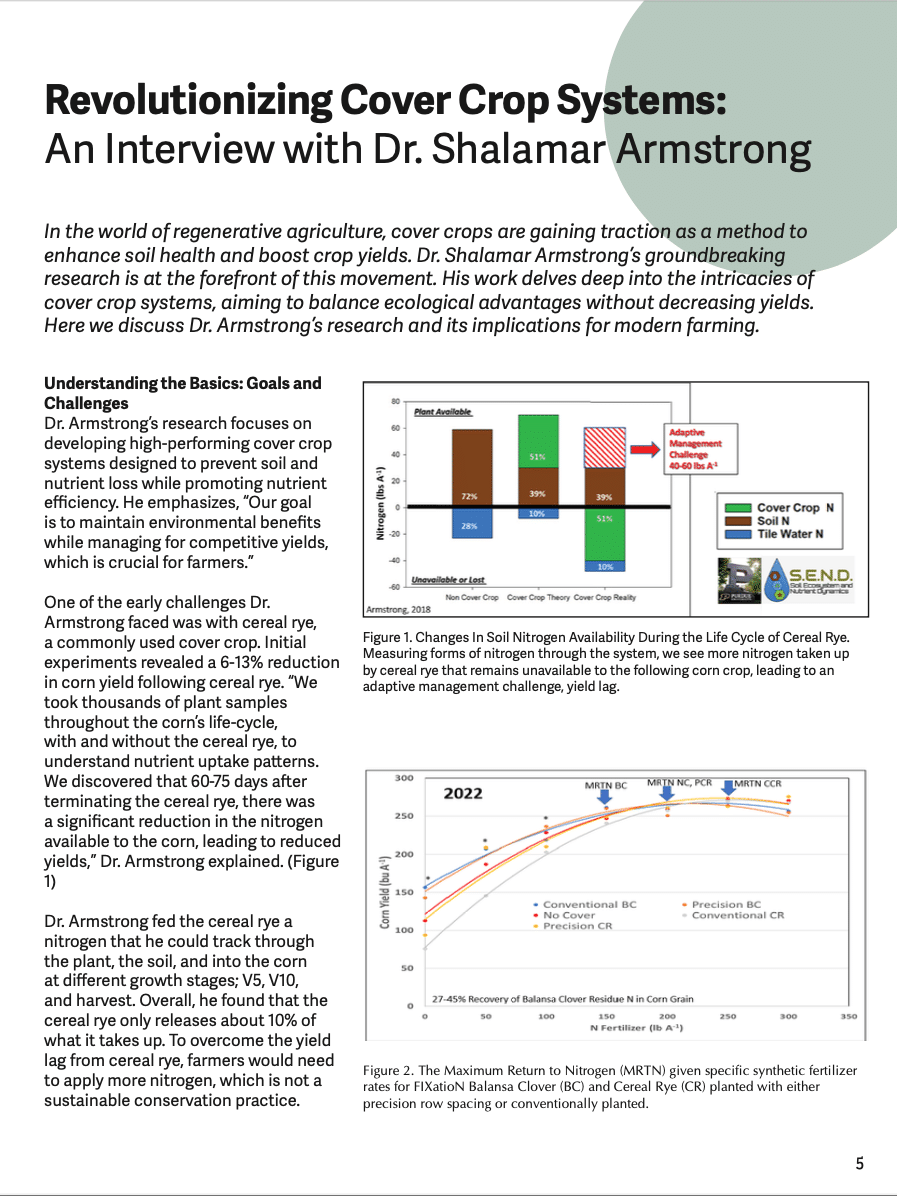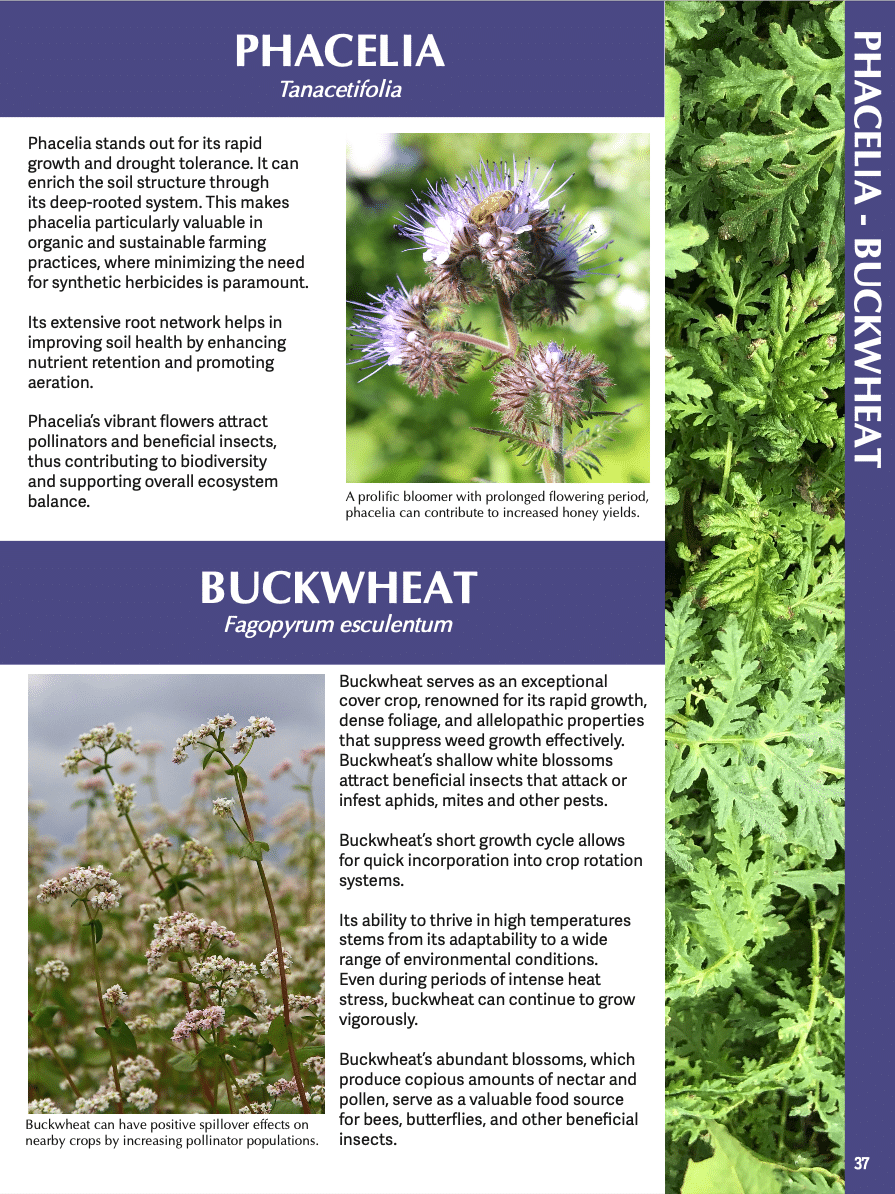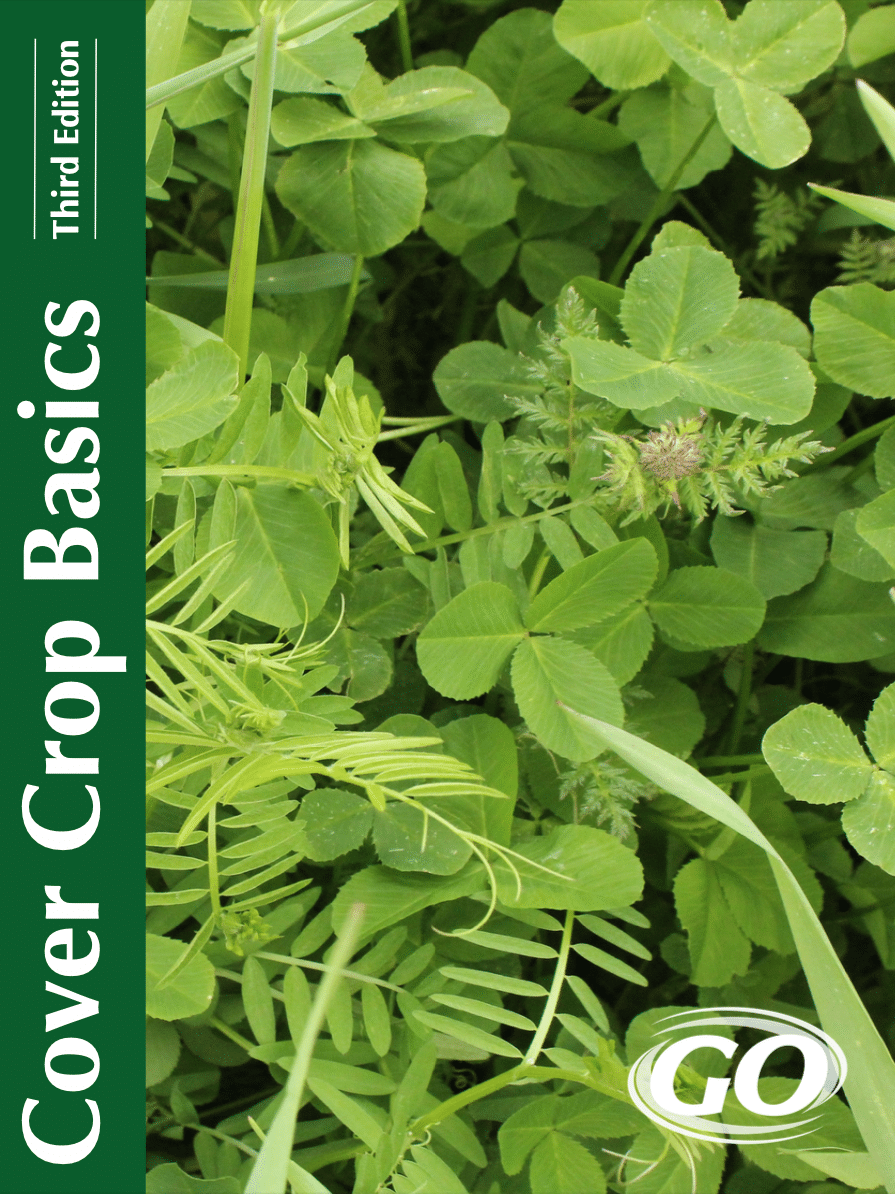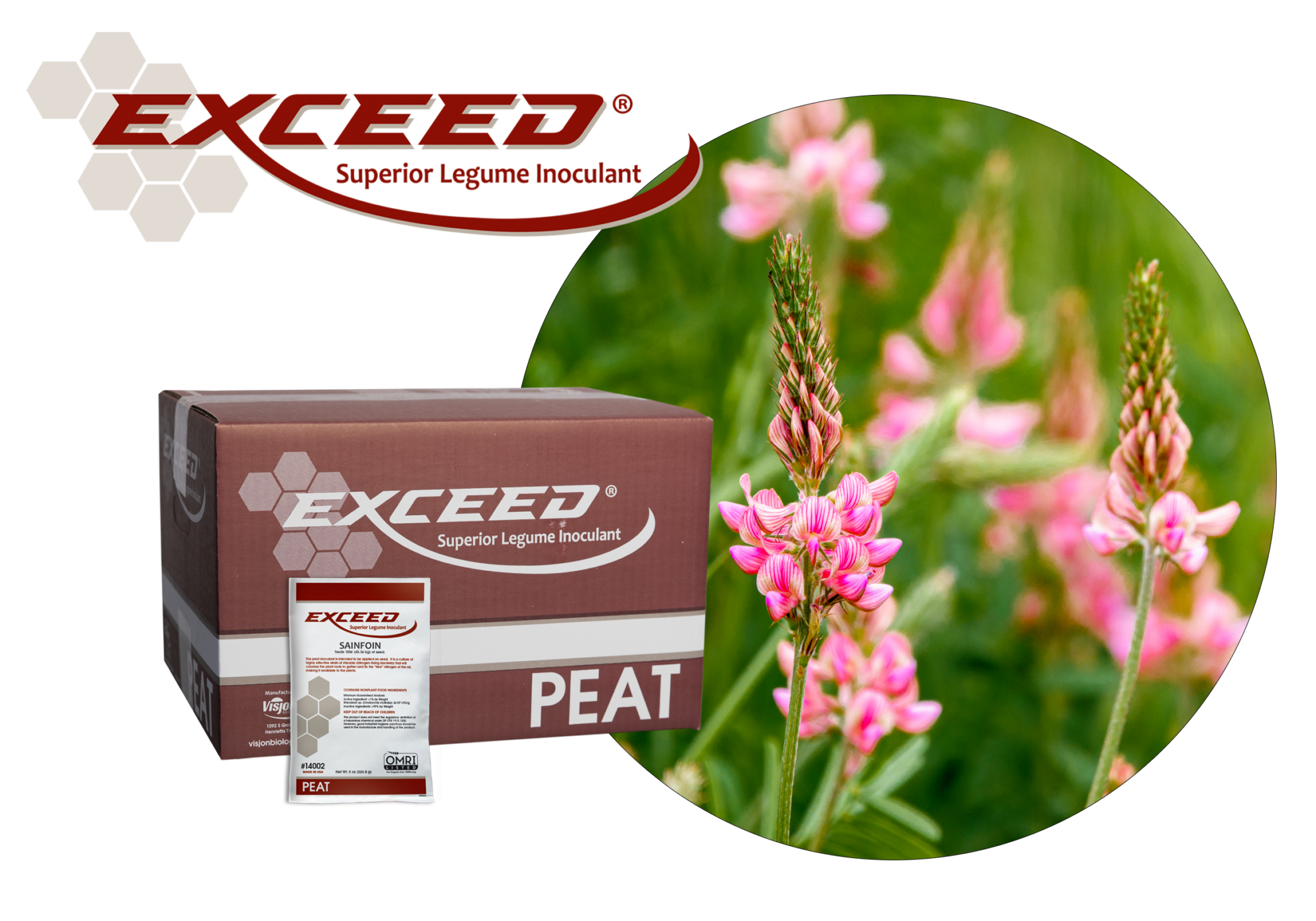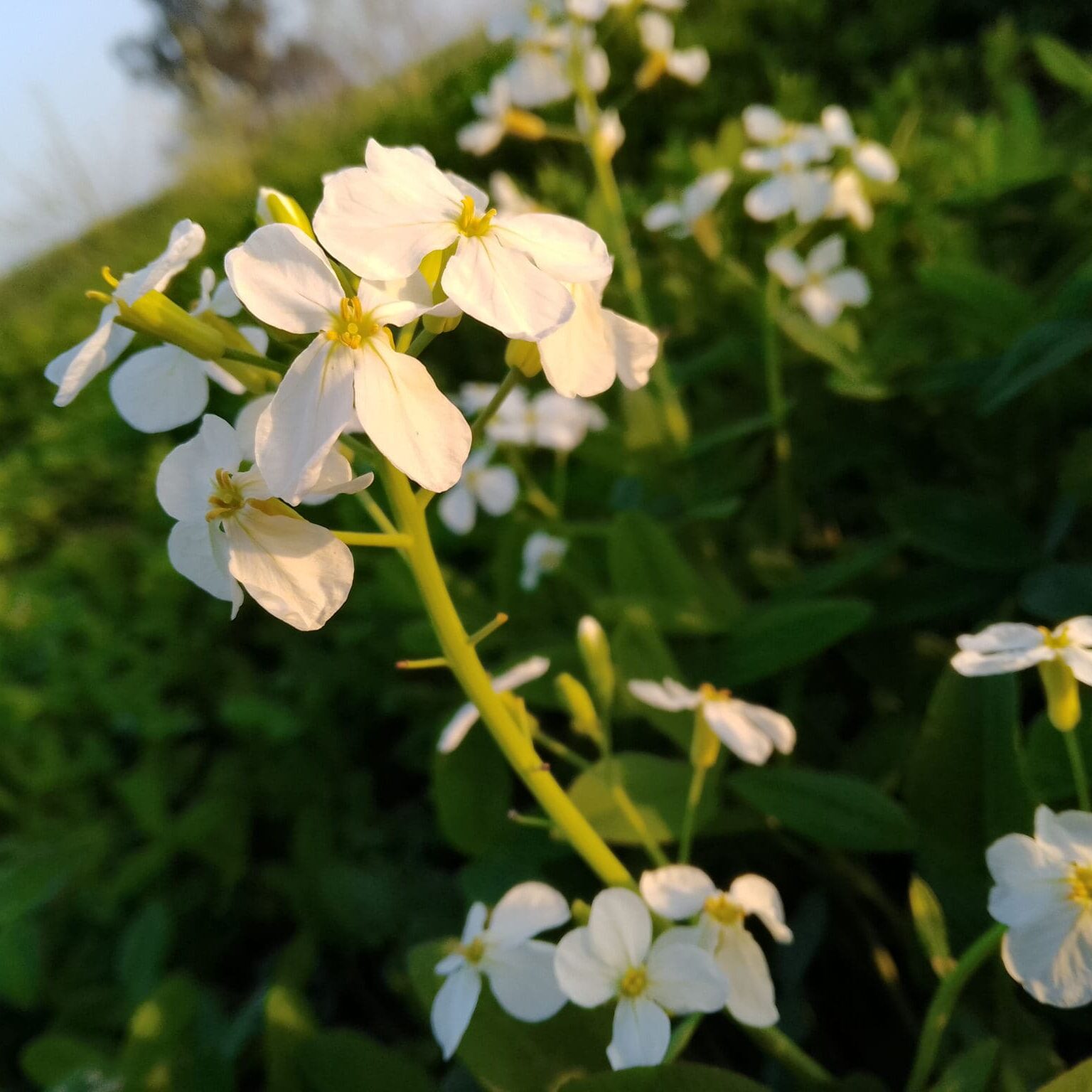Berseem Clover
- Scientific name: Trifolium alexandrinum
- Good salt tolerance
- High nitrogen fixation
- Synergistic relationship to alfalfa
- Bred for later maturity, cold tolerance, productivity
- Excellent nutritional value
- Capable of multiple harvests in a single season
Min. to Max. Annual Precipitation
30in.
Average Max. Height
Berseem Clover is a cool-season annual legume. Has been bred for later maturing, cold tolerant, productivity, salt tolerance, and nutritional value. Multi-cut varieties, like frosty, are capable of delivering multiple harvests in a single season. Its aggressive growth and low hard seed count helps it to establish quickly, filling in bare spots and areas of alfalfa that have winter killed.
Berseem Clover (Trifolium alexandrinum), is a cool-season annual legume that is native to the Mediterranean region. For millennia, it has been the foundation for agriculture in the Nile Delta, featuring salt tolerance, high nitrogen fixation, and a synergistic relationship to alfalfa. Berseem, while preserving its Mediterranean genetics, has been bred for later maturity, cold tolerance, productivity, and nutritional value.
There are two types of Berseem Clover, single-cut and multi-cut. Single-cut varieties, like Balady, are quick to show growth and go to seed giving a narrow window for harvest. Multi-cut varieties, like Frosty, are capable of delivering multiple harvests in a single season.
Berseem clover has very low hard seed counts, allowing for quick establishment and lessening its potential to become a weed.
Is it Alfalfa?
No, it’s not. Berseem clover is often mistaken for alfalfa, which brings us to one of it’s key benefits. Recent studies have shown that an 80/20 alfalfa/berseem clover mix could increase yield, crude protein, and water soluble carbohydrate levels in hay fields. When overseeded into declining or winterkilled stands of alfalfa, Hay yields were reported to be increased by more than 30%.
Berseem clover is an excellent companion to your alfalfa crop. Its aggressive growth and low hard seed count helps it to establish quickly, filling in bare spots and areas of alfalfa that have winter killed. It dries down just like alfalfa, maintaining its green color and increasing the forage value of the hay or crop. When planted with a new alfalfa stand it will result in first-cutting yields equal to subsequent cuttings on established alfalfa stands.
Frosty prefers slightly alkaline loam and silty soils with a pH of 6+
*** Click on the “Quick Plant Facts” tab above for more information or visit USDA website.
Berseem Clover NRCS Plant Guide and Fact Sheet
Berseem Clover NRCS Plant Guide and Fact Sheet
PDF version of NRCS Plant Guide & Fact Sheet
Citation: Pettit, A. and S Haller. 2021. Plant Guide for Berseem Clover (Trifolium alexandrinum). USDA-Natural Resources
Conservation Service, Booneville Plant Material Center. Booneville, Arkansas 72927.
Cover Crop Basics
An informative, authoritative guide to cover crops. Very comprehensive, and covers all geographic regions of the USA. Published by GO Seed.
Who is Great Basin Seed?
Great Basin Seed is a seed company that specializes in seed sales and consultation for home, ranch, farm, range and reclamation. We have been a leader in the seed industry since 1974.
Our History
We've been in the seed business since 1974.
What We Offer
We offer seed for home, farm, ranch, range and reclamation projects.
Meet the Gang
We have the best employees in the world! We are proud of the work they do, and trust them to serve you!
Right: Company founder Lloyd and his wife Paula Stevens in a wildflower seed production field circa 1977
Helpful Links
Additional information about this product can be found on the academic websites linked below.
Synonyms
Many plants have more than one common and scientific name. We've listed a few of them below.
- Berseem Clover
- Trifolium alexandrinum
Quick Plant Facts
| Common Name: | Berseem clover, Egyptian clover |
|---|---|
| Scientific Name: | |
| Plant Type: | |
| Lifespan: | |
| Origin: | |
| Seeds per Pound: | |
| Best Time to Sow: | |
| Planting Rate: | |
| Max Sowing Depth: | |
| Growth Height: | |
| Growth Season: | |
| Min. Precipitation: | |
| Root Form: | |
| Sun & Shade Tolerance: | Full or Partial Sun |
| Elevation of Occurance: | |
| pH Tolerance: | |
| Available Varieties: |
